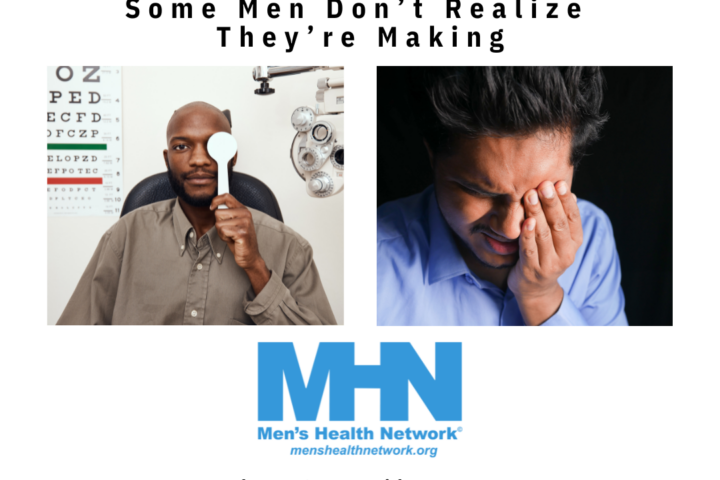Whenever I mention to the media that “stress” is bad for male fertility and men’s health in general, they show images of snarling, bumper-to-bumper traffic with heat shimmering off of the asphalt.  Sure, that works for stress. But that is not the half of it.
Sure, that works for stress. But that is not the half of it.
Being stuck in traffic is a form of acute stress, similar to being told that your check bounced, you missed your deadline, or you’re late for that important business meeting for which you planned so hard. Going back 100,000 years, this is same stress associated with being chased by a rogue wooly mammoth. Either way, modern or ancient, the human body responds the same way: by stimulating adrenaline and activating the sympathetic (“fight or flight”) nervous system. Blood is directed to where it is needed most—the heart and muscles–and not to the penis. And the result is loss of sex drive, erections, and lower testosterone levels. Not a great state of affairs for general or sexual health. This response also explains why so many men who are fine with recreational sex hit the skids performance-wise during “scheduled sex” needed for baby making.
More worrisome than the effect of acute stress on health is that of long term or chronic stress. Although more subtle than acute stress, it is far more pervasive in our lives. Do you travel 50,000 air miles or more annually across time zones? Do you change shifts at work? Travel stress and changing work hours (circadian stress) are forms of chronic stress. Do you worry about your finances (financial stress) or workout too much (physical stress)? Is there someone seriously ill in the family or is your love life tanking (emotional stress)? Remember, your body is a very primitive organism and responds the same way to all forms of stress, with the “fight or flight” reaction, ready to run from the wooly mammoth.
So what are the consequences of chronic stress? Well, for both sexes, sex is the first casualty. Intimacy is a close second. Stress hormones lower testosterone production and, as a consequence, sex drive falls. Testosterone is also an important vitamin for mood, muscle mass, male fertility, kidney and bone function and these can also suffer. And must I mention one of the best-studied areas of stress: that of Type A personalities having the shortest “shelf life” on this earth? Is this you? Take the test and find out.
Even more novel is the latest news that humans (like animals) have “clock genes” that control daily, sleep-wake or circadian rhythms. And when these rhythms are upset, as with stress, cancer development is promoted.
My advice: Assess how many wooly mammoths are chasing you, even the small ones. Then, begin a regimen of stress reduction using regular exercise, acupuncture, yoga or massage to get that body of yours tired and relaxed. In the words of Lily Tomlin “For fast-acting relief, try slowing down.”



